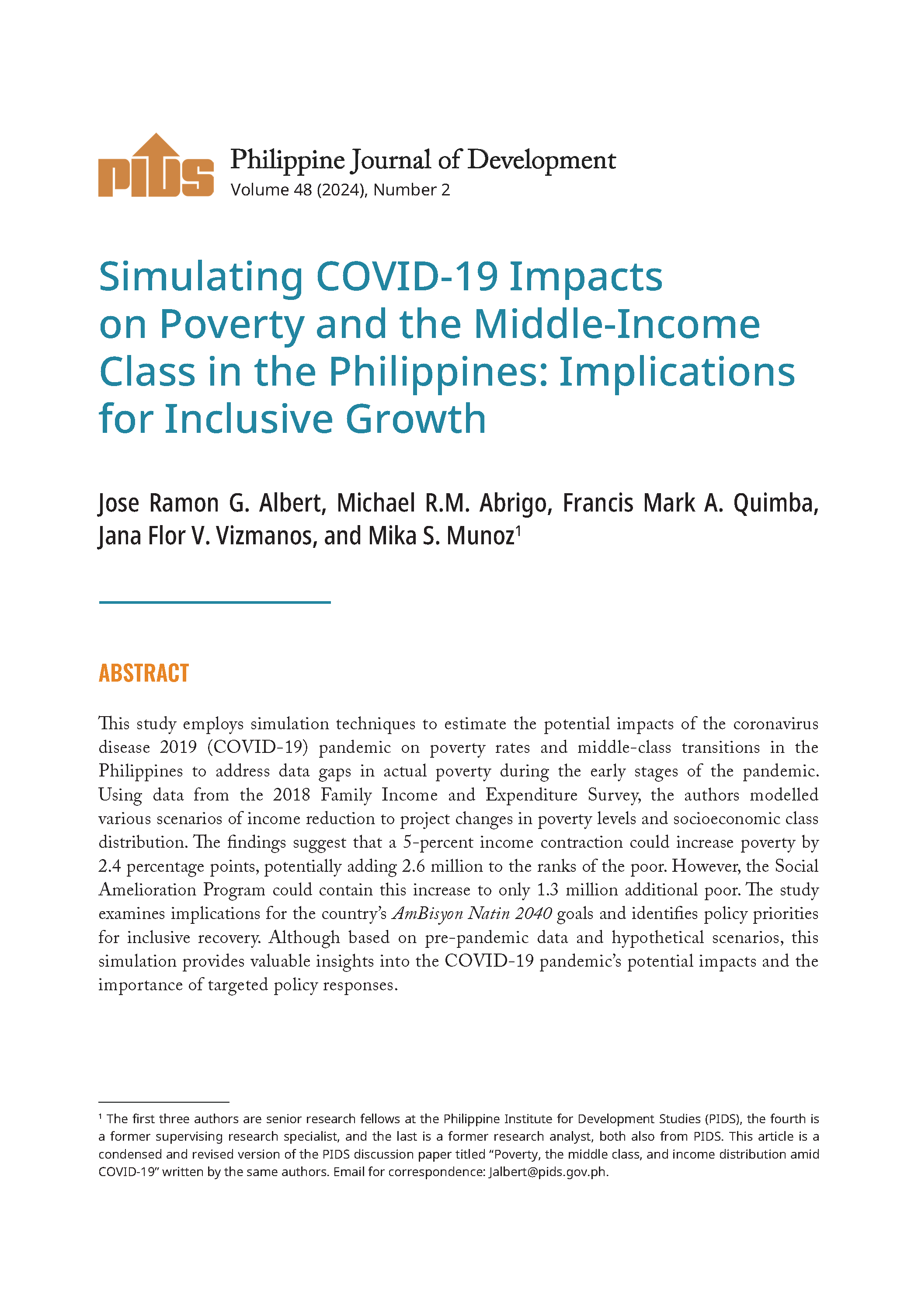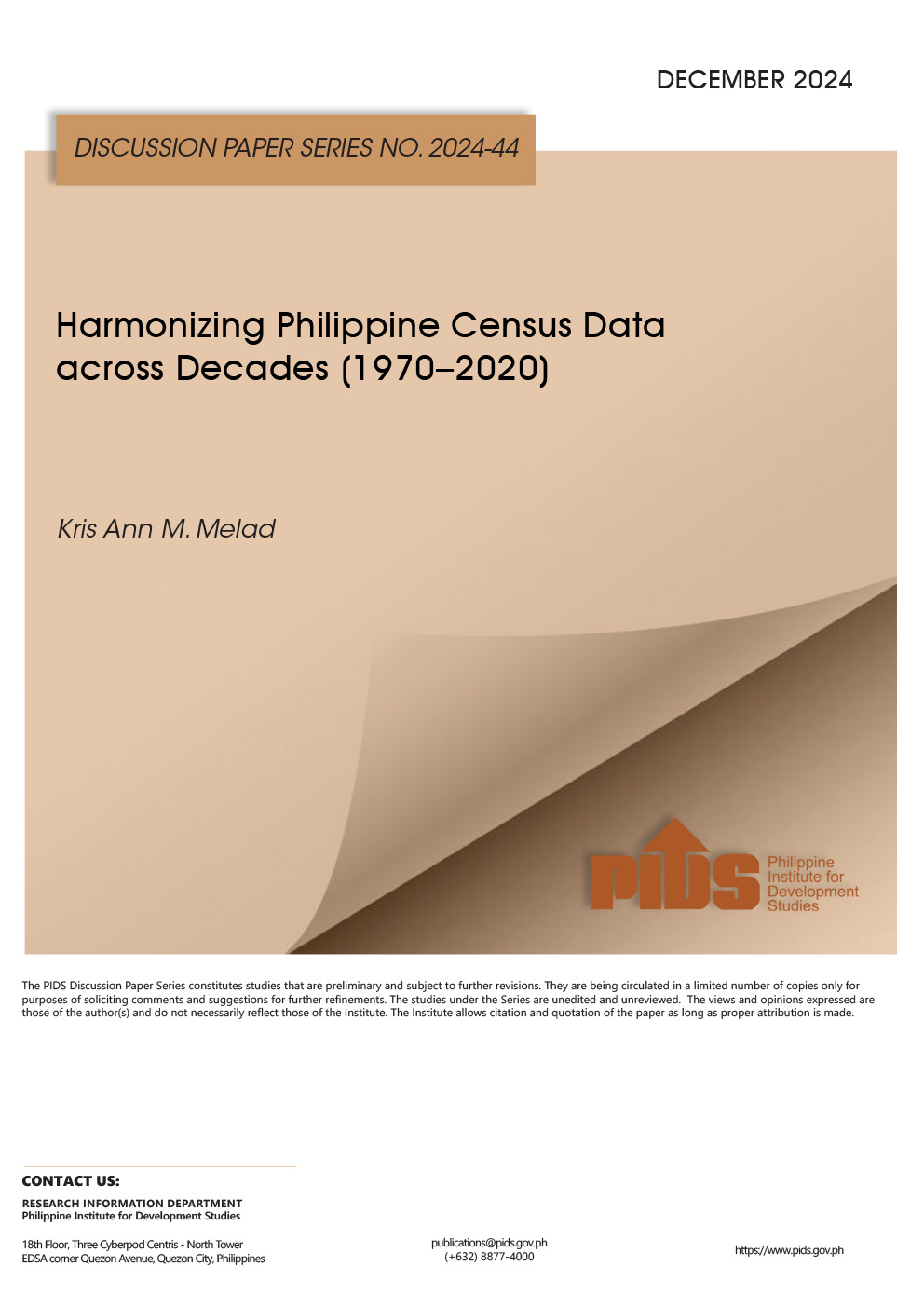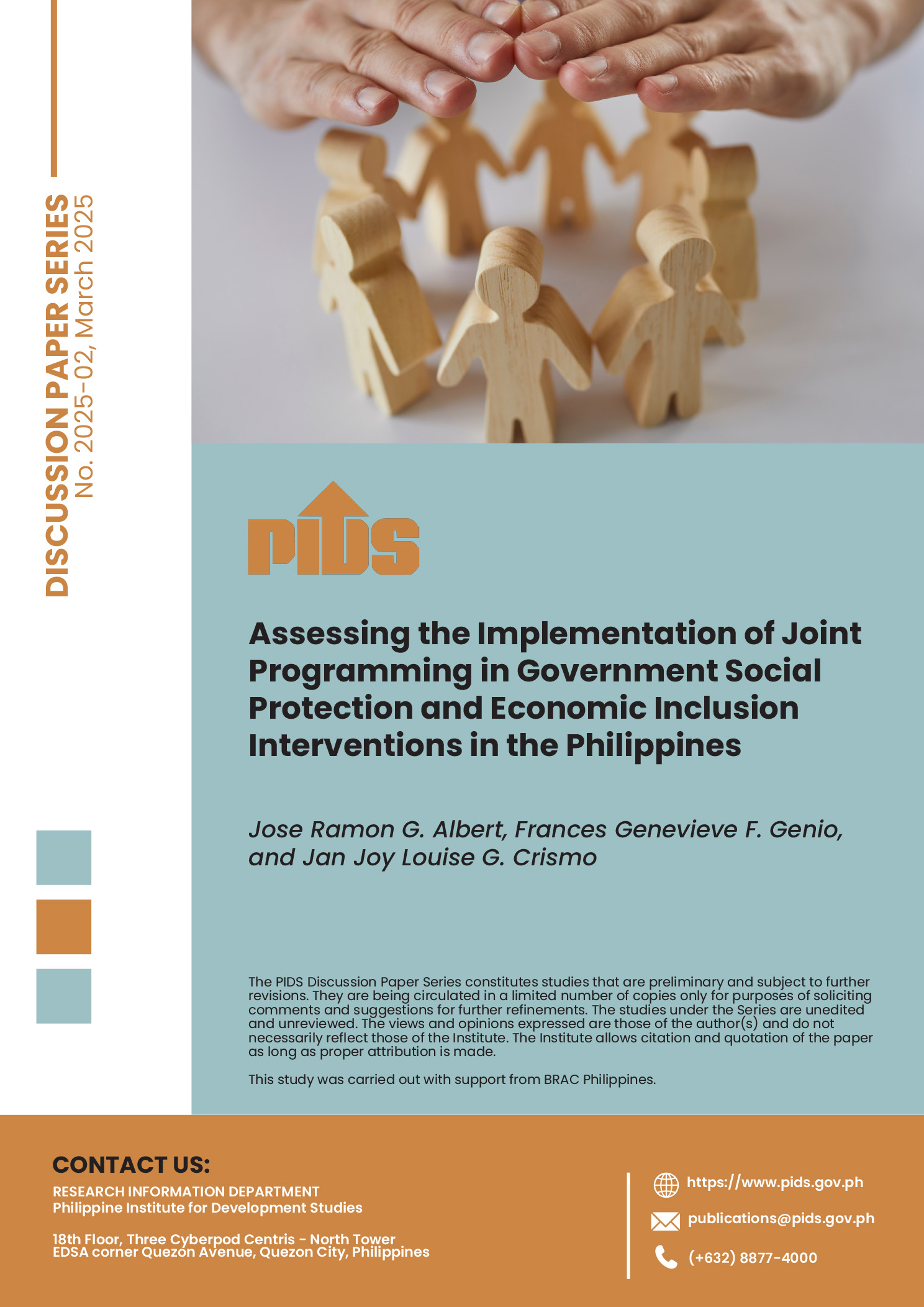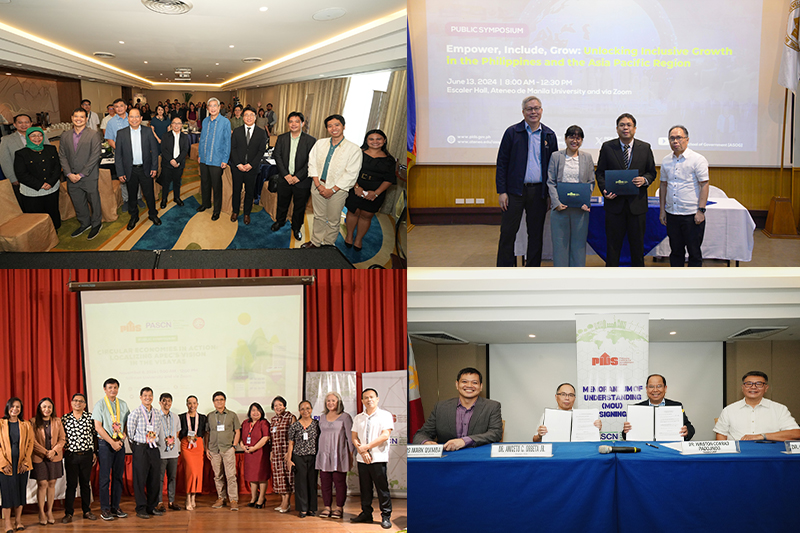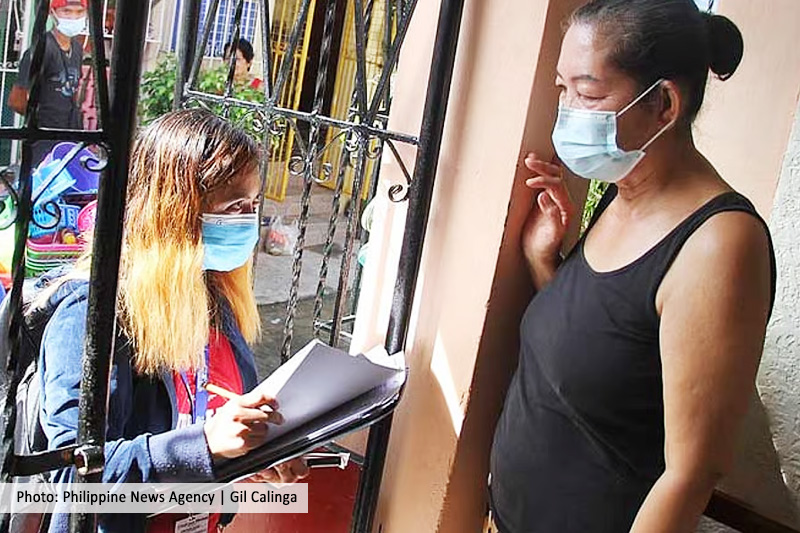The Philippine Institute for Development Studies (PIDS) is urging the Department of Social Welfare and Development (DSWD) to upgrade its IT systems to improve the implementation of its pro-poor programs.
In a statement, the state-run think tank said outdated systems are contributing to poor documentation of projects, implementation of projects according to process, and financial management.
PIDS also said there is a need to update the operations manual for projects as this has not been revised since 2011.
These are among the major findings of the policy research institute in its recent evaluation of the DSWD’s so-called Convergence Strategy which seeks to address poverty through the harmonized implementation of its three major programs: Kapit-bisig Laban sa Kahirapan Comprehensive and Integrated Delivery of Social Services (KALAHI-CIDSS), the Pantawid Pamilyang Pilipino Program (4Ps), and the Sustainable Livelihood Program (SLP).
The authors of the study, PIDS researchers Jose Ramon Albert and Connie Dacuycuy, said improper documentation of projects was preventing the effective implementation of projects.
“While organizational structures at DSWD were defined at the onset for carrying out the Convergence Strategy, whatever changes in structures, nomenclatures, and roles were not systematically documented,” the researchers said.
They recommended that documentation must include more specific guidelines on who does what, and what specific office/unit/leader has oversight functions.
Likewise, the role of every team member in the national, regional, provincial, and city/municipal convergence structures should be described.
The authors also stressed the importance of aligning business processes to improve coordination, collaboration, and complementation of efforts, programs, and services under the KALAHI-CIDSS, 4Ps, and SLP.
“Processing of documents is centralized in some regions. Also, the lack of innovation in financial management contributes to delays that hamper project implementation on the ground,” the researchers said.
They also urged DSWD to develop an online financial management system to help address administrative bottlenecks.
The researchers also suggested to reduce caseloads and increase manpower to improve management of resources.
“High caseloads prevent a more focused and more personalized delivery of services to the beneficiaries. Likewise, current processes and systems pertaining to travel and related expenses make fieldwork more challenging,” they said.
PIDS also urged DSWD invest more in human resource development to capacitate staff.
“Investments in human resource development are necessary to make the staff involved in the project responsive and adaptive to emerging situations and issues for the welfare of beneficiaries,” PIDS said.
With the passage of the tax reform law, the government will be increasing support and provision of resources for anti-poverty programs to blunt the ill-effects of increases in the prices of several goods and commodities to the vulnerable sectors of society.

